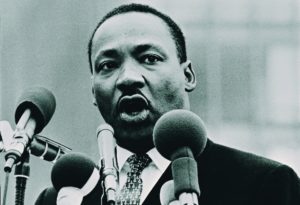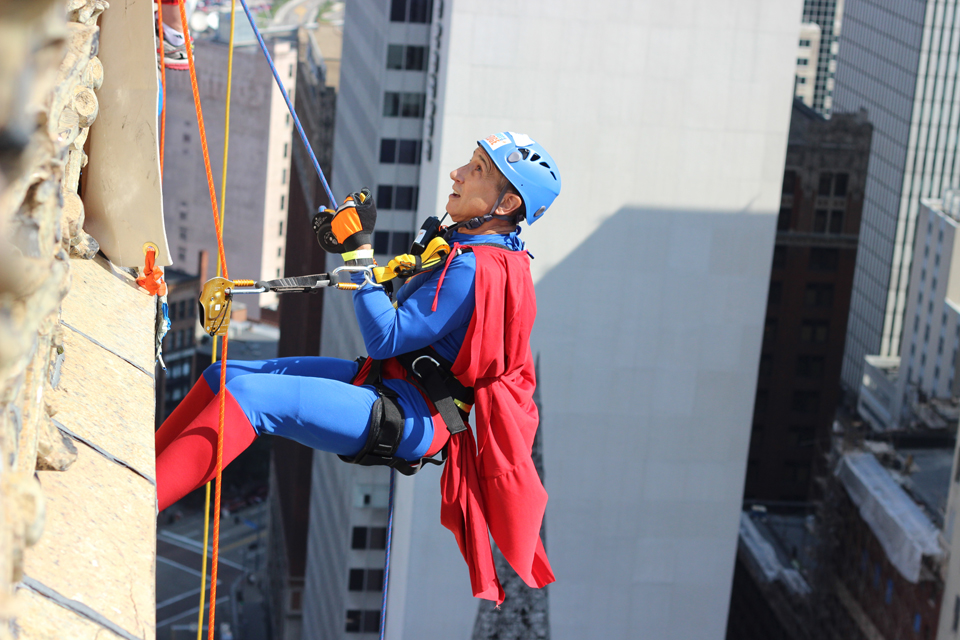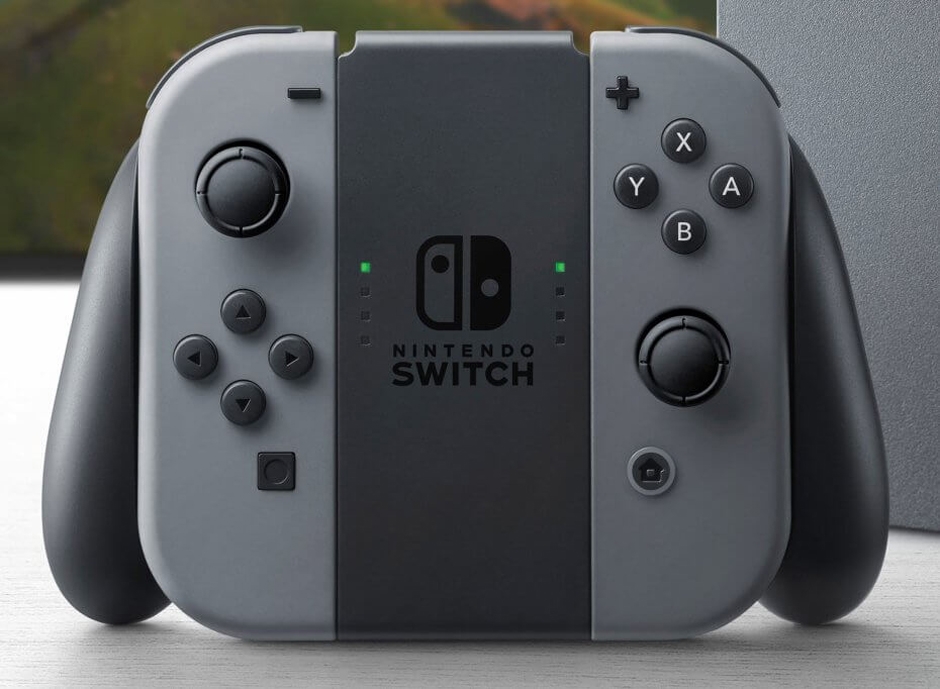
50 years ago, on April 4 1968, Martin Luther King Jr. was assassinated.
04/05/2018
Duke Staff
Yesterday marked the 50th anniversary of the assassination of Martin Luther King Jr., and unless you follow social-justice issues closely, this event may have slipped under your radar. (To be fair, the shooting at YouTube’s headquarters dominated most of the news cycle.)
However, King’s teachings feel more pressing now than ever. Not just the milquetoast, stripped down version of King that we all know, but the radical King that is consistently left out of the public conscience.
Let’s not mince words: King’s vision of justice and equality is far from achieved, and in fact, it may even be receding. Achievements from the Civil Rights era are constantly under threat, with the locust-like voter restriction laws being the most predominant example.
Instances of police brutality also come to mind. The brutish killing of Stephon Clark just last month perfectly exemplifies King’s words during his March on Washington for Jobs and Freedom speech:
“We can never be satisfied as long as the Negro is the victim of the unspeakable horrors of police brutality.”
Exacerbating this problem is the shrinking accountability of officers who engage in excessive violence. Just this Monday, the Supreme Court ruled in favor of a University of Arizona police officer who shot a woman four times for holding a knife. In her dissenting opinion, Justice Sonia Sotomayor noted the “asymmetry” the court displays in favoring officers in these circumstances, claiming that behavior “sends an alarming signal to law enforcement officers and the public.”
“It tells officers that they can shoot first and think later,” she writes. “And it tells the public that palpably unreasonable conduct will go unpunished.”
There’s also the continued — and let’s face it, deliberate — misinformation about black-led protests or organizations. People still sincerely believe that Black Lives Matter is some sort of racist, black-nationalist group rather than organizers seeking police reform.
Other forms of insidious racism persist even in left-leaning circles. The national rallying behind the Parkland students calling for gun reform comes off a bit sour considering a similar showing of solidarity rarely occurs for black-student-led movements. To those kids’ credit, they have acknowledged that discrepancy, but us adults need to do better and check our tendencies to undervalue the needs of black communities.
So we encourage you all to try to dismantle the squeaky-clean image of King we have today. We suggest starting with some of his speeches other than his “I Have a Dream” speech. It’s good, but so is “I’ve Been to the Mountaintop” and “The American Dream.”



